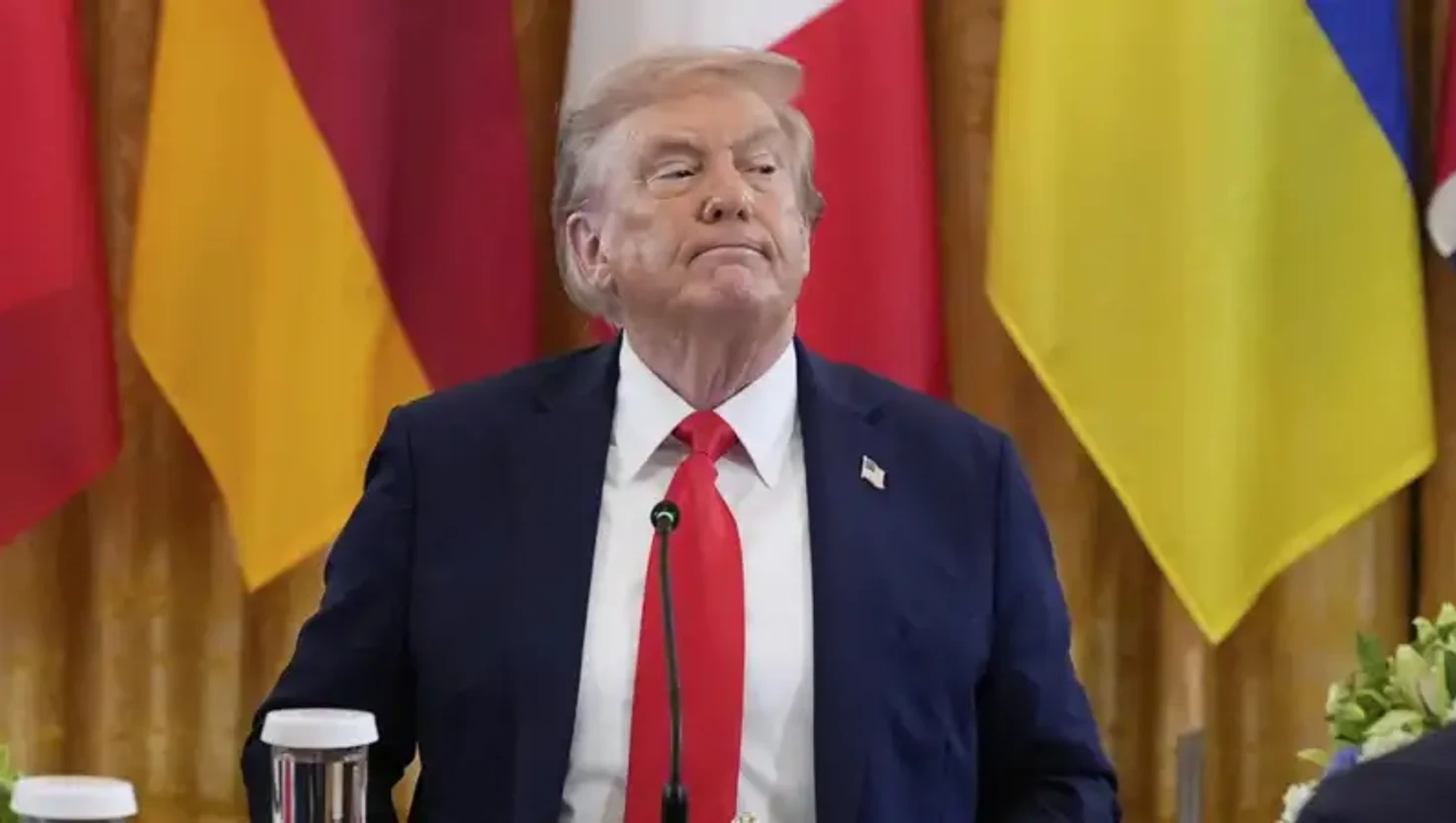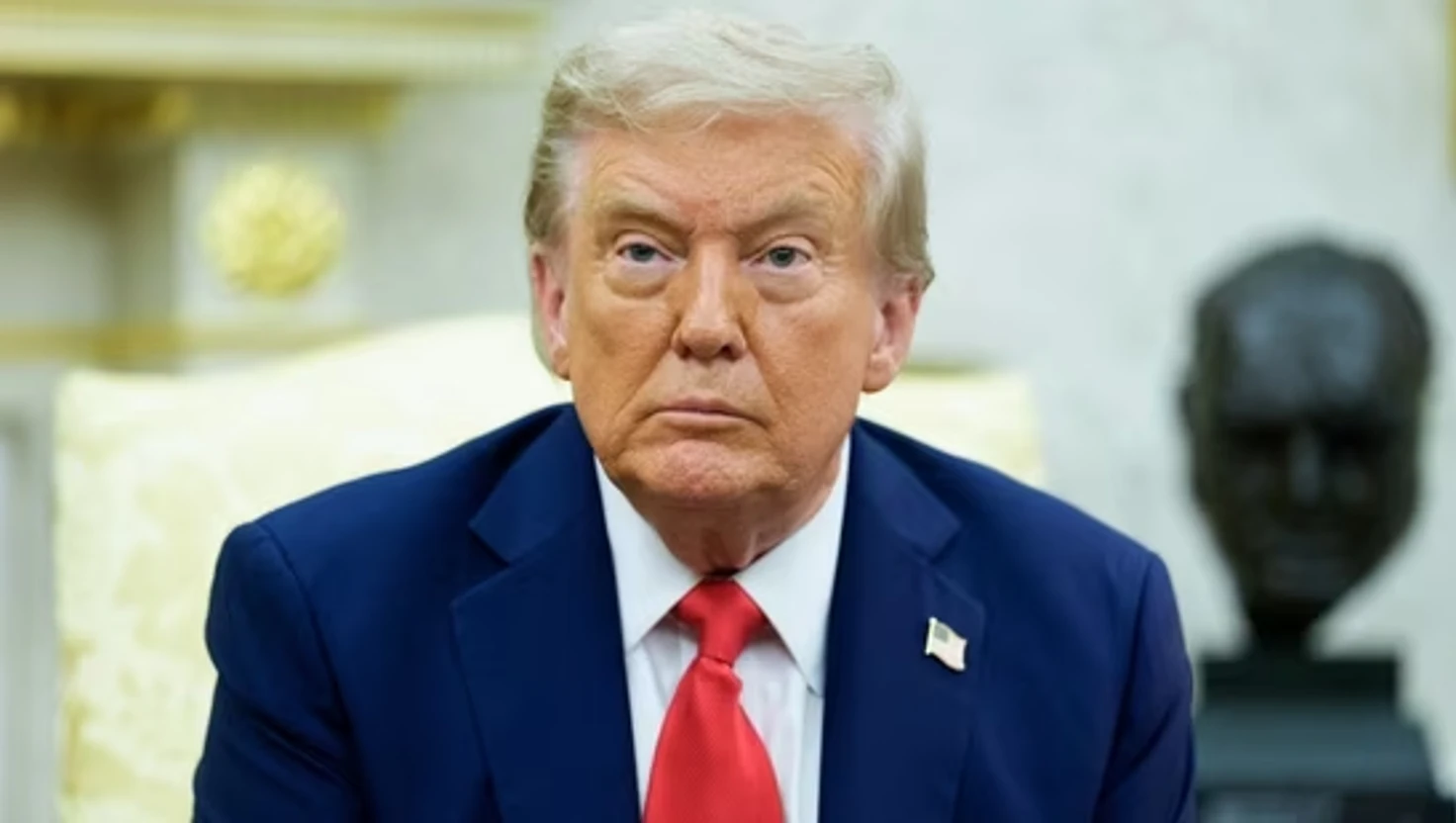Federal Court strikes down most US tariffs, saying Trump overstepped authority

Federal Court strikes down most US tariffs, saying Trump overstepped authority
A federal appeals court has struck down key tariffs imposed by Trump, citing overreach of presidential authority. The ruling may challenge his trade policy.
A federal appeals court in the United States has declared many tariffs imposed by former President Donald Trump as unlawful, asserting that he exceeded his authority under the International Emergency Economic Powers Act (IEEPA). The ruling, which comes from the US Court of Appeals for the Federal Circuit, has significant implications for Trump's trade policies and is likely to lead to further legal battles.
Court Ruling Details
The court's decision focuses on tariffs implemented by Trump, primarily those referred to as the 'reciprocal tariffs' introduced in April 2025 and another set imposed in February targeting China, Canada, and Mexico. The judges noted that while the IEEPA empowers the president to take certain actions in a national emergency, it does not explicitly authorise him to impose import taxes or tariffs.
The panel remarked that the language of the act does not mention tariffs or any related terms, indicating Congress did not intend to grant the president unrestricted authority over such matters. In their unanimous ruling, the judges underscored the constitutional principle that taxation decisions primarily rest with Congress, not the executive branch.
Trump’s Response and Potential Appeal
Following the ruling, Trump took to social media to denounce the decision, labelling it highly partisan and warning that the removal of his tariffs would lead to a 'total disaster' for the nation. His statement reflects concerns that the dismantling of these tariffs would undermine his administration's trade negotiations and economic strategies.
“All tariffs are still in effect!” he emphasised, stressing that he will seek to appeal the ruling to the Supreme Court. The court has temporarily halted the implementation of its decision until October 14, allowing the former administration time to contest it.
Impact on Trade Policies
The tariffs have been a central aspect of Trump's strategy to alter global trade dynamics and strengthen America's economic standing by reshaping alliances and encouraging domestic manufacturing. However, this court decision could prompt a reevaluation of current trade agreements and negotiations with other countries.
Treasury Secretary Scott Bessent previously expressed confidence that trade discussions with international partners would be concluded by Labour Day. However, this new ruling may compel foreign leaders to reassess their stance in light of the legal uncertainty regarding US tariffs.
Legal Perspectives
Neal Katyal, an attorney for the plaintiffs who challenged the tariffs, characterised the ruling as a vital affirmation of constitutional limits on presidential power. He stated, “It’s a win for the American Constitution, that our founders basically said that decisions that are major over things like taxation have to be done by Congress, not by the president.” This opinion reflects a broader legal sentiment that the case will set a critical precedent for future executive actions regarding trade policies.
On the other hand, officials from Trump's administration have defended the legality of the tariffs, stating that they are a necessary measure for national and economic security. White House spokesman Kush Desai reiterated this view, affirming that the administration plans to appeal the ruling.
Conclusion
As the legal proceedings unfold, the broader implications of this ruling extend beyond Trump’s policies to encompass the future relationship between the branches of government in the United States. The outcome could redefine the balance of power in trade decision-making, highlighting the need for Congressional oversight in matters of taxation and tariffs. The legal debate is likely to resonate well into the future, shaping the landscape of American economic policy.
The full ramifications of this decision are yet to be seen, particularly in how it may influence trade negotiations and the economic framework under which Congress and the executive operate.

US and India relationship complicated, will eventually reach a trade deal, says Treasury Secretary
Scott Bessent highlights complexities in US-India ties amidst tariff tensions but expresses optimism for future collaboration.
| 2025-08-28

Steep US tariffs Hit Indian Exports: Units in Tirupur, Noida & Surat Halt Production
US tariffs rise to 50% affecting India's textiles, seafood, and jewellery exports, causing production halts in key regions.
| 2025-08-27

Maruti Suzuki Launches Local Battery Production for Electric Vehicles
Maruti Suzuki's new facility in Gujarat will produce batteries for the e-Vitara and hybrids, enhancing India's green mobility efforts.
| 2025-08-27

Apple iPhone 17 Pro Rumoured to Feature Reverse Wireless Charging
Leaked information suggests Apple’s iPhone 17 Pro may introduce reverse wireless charging, enabling it to power accessories like AirPods and Apple Watch.
| 2025-08-27

Sift Kaur Samra Achieves Double Gold for India at Asian Championships
Sift Kaur Samra wins gold in individual and team events at Asian Shooting Championships, marking a significant achievement for India.
| 2025-08-27




